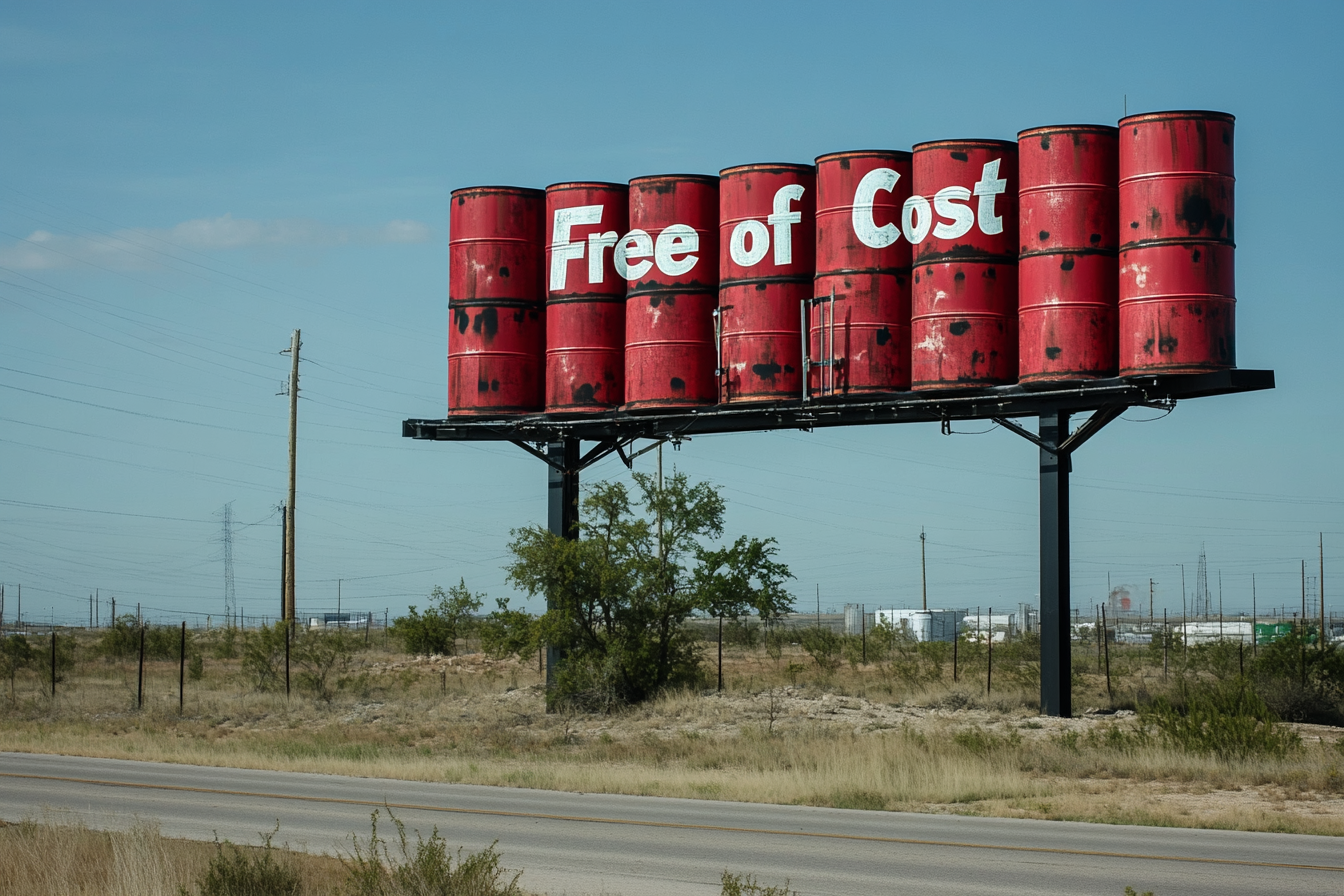In this case (Fasken Oil & Ranch, Ltd. v. Puig, No. 04-23-00106-CV, 2024 WL 4608591 [Tex. App.—San Antonio Oct. 30, 2024, no pet. h.]), the San Antonio Court of Appeals held that a deed reserving a non-participating royalty interest “free of cost forever” exempted the royalty owner from bearing both production and postproduction costs, rejecting the producer’s argument that “free of cost” language only relieves royalty owners from bearing production costs.
Background: 1960 Deed and Royalty Dispute
The dispute arose from a 1960 deed where B.A. Puig, Jr. and Emilia Gutierrez Puig sold their ranch to Palafox Exploration Company while reserving a 1/16th non-participating royalty interest (NPRI) to be paid “free of cost forever.” Fasken Oil, as successor to the original grantee, had historically deducted postproduction costs from royalty payments made to Puig’s successors. The royalty owners sued in 2021, seeking a declaration that their “free of cost forever” NPRI could not be burdened with postproduction costs.
Trial and Appeal Focus on Cost Deductions
On competing motions for summary judgment, the trial court ruled in favor of the royalty owners. The court of appeals accepted a permissive appeal to address whether the “free of cost forever” language precluded deduction of postproduction costs.
The court began by reiterating established principles that while royalties are normally “free of the expenses incurred to bring minerals to the surface (production costs),” they usually bear their proportionate share of “expenses incurred thereafter to make production marketable (postproduction costs).” However, parties may modify this default rule by agreement.
Hyder Case Guides the Court’s Reasoning
The court found this case controlled by the Texas Supreme Court’s decision in Chesapeake Exploration, L.L.C. v. Hyder, which also addressed a royalty provision with “cost-free” language. In Hyder, the royalty clause provided for a “perpetual, cost-free (except only its portion of production taxes) overriding royalty.” Fasken argued Hyder was distinguishable because that holding turned on the parenthetical also excepting production taxes (a postproduction cost), while the Puig deed contained no such exception. The court rejected this argument, explaining that Hyder’s central holding was that “cost-free” language, without more, “does not distinguish between production and postproduction costs and thus literally refers to all costs.”
Critically, like in Hyder, the Puig deed contained no language establishing a valuation point for the royalty. While Fasken argued the deed’s use of the word “produced” established a wellhead valuation point that would make the “free of cost” language mere surplusage as to production costs, the court found “no language in the royalty provision providing for a valuation point at the well.” The court characterized Fasken’s argument as “a strained extension of current law,” noting the word “produced” would likely appear in any royalty provision regardless of valuation point, since minerals must be produced for any royalty to be payable.
Because the deed lacked a specified valuation point and Fasken could not demonstrate that “free of cost forever” referred only to production costs, the court held the phrase’s plain meaning encompassed both production and postproduction costs.
Holding: Royalties Truly “Free of Cost” Absent Limiting Language
This case is potentially notable for its discussion of Hyder, and holding that “free of cost” language, at least in this specific context, was able to free the royalty of post-production costs. It is also notable for clarifying that the word “produced” would not, in this context, establish any valuation location.











